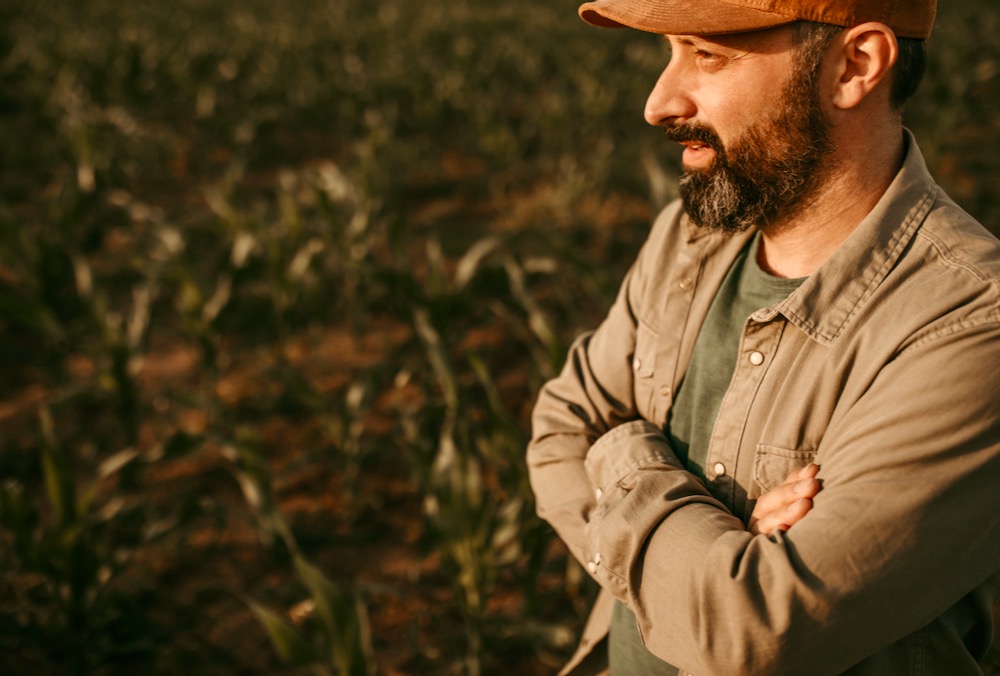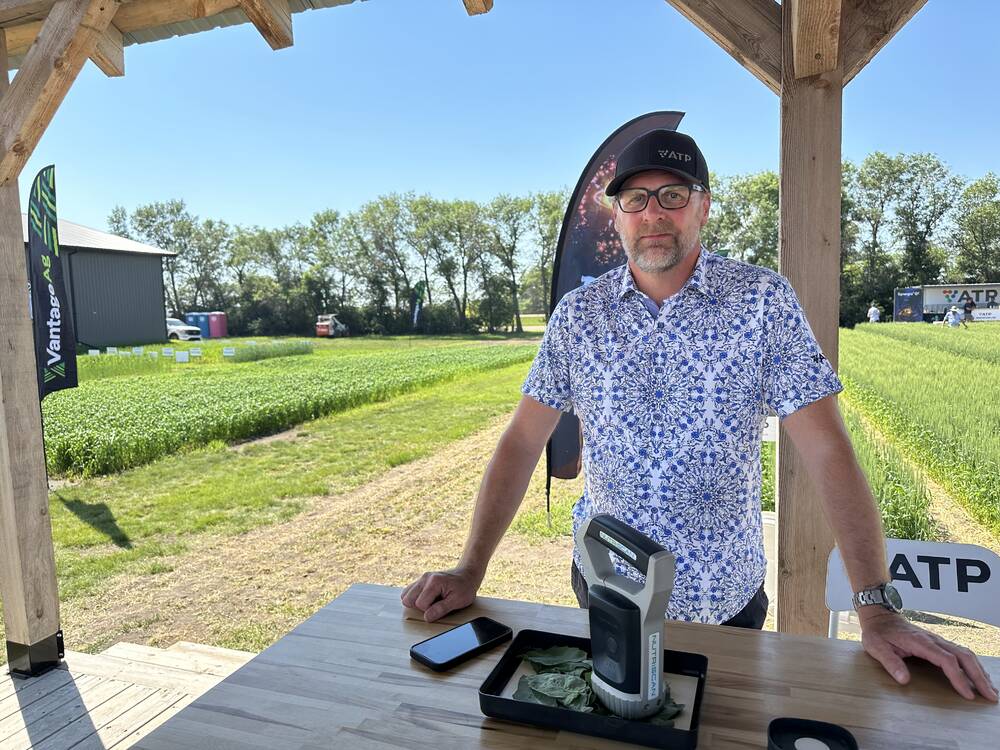Report highlights optimism, resignation in agriculture sector

A troublesome policy and regulatory environment, extreme weather, and trade barriers are the issues keeping Canadian agriculture professionals awake at night.
That’s according to a joint report from the Canadian Agri-Food Policy Institute (CAPI) and the University of Saskatchewan’s Global Institute for Food Security on risk in Canada’s agri-food system. The report provides results from the first phase of research the groups are gathering to help provide policy recommendations to solve issues in the agriculture sector. This first phase included a survey of more than 500 farmers, food processors, government personnel, and other agricultural stakeholders on what they’re most concerned about, and what issues should be given priority.
Read Also


Company promises instant plant tissue sample results
ATP Nutrition, which made headlines last year with their Nutriscan portable soil lab, has upgraded the system to scan nutrients in the leaf tissue of plants.
Already a problem
Respondents largely indicated policy, extreme weather, and trade problems were already a reality, and that such problems are perceived to be both chronic in nature and complex. As the report summary details, fewer than 15 per cent of respondents “have confidence in government to solve any of the three, while fewer than 22 per cent say they have confidence in private sector solutions. Thus, the uphill battle will evidently persist for years to come.”
Tyler McCann, CAPI’s managing director, says the survey informing the report gathered perspectives from a good cross-section of farmers, civil society, government and other industry professionals. While the top identified concerns were not themselves a surprise, McCann was intrigued by what appears to be widespread resignation.
“We see policy, extreme weather, and trade as already being a problem, even a difficult or extreme problem, but we seem to think there’s little we can do about it,” he says. “It’s hard to wrap your mind around that. It’s one thing to say were not sure what we’re gong to do about extreme weather…but on the domestic policy front, that is within our control.”
McCann adds that while people generally think Canada is ahead of many other countries on social and environmental issues, only about 30 per cent think we are ahead economically. This suggests governments must re-focus some attention to economics, and better communicate with the agricultural industry about Canada’s economic position.
Optimism and priorities
Despite some resignation, 62 per cent of respondents expressed general optimism about the direction of Canadian agriculture. The report describes that optimism stems in part from the perspective that Canada is well-positioned, or at least fairly well-positioned, to “take advantage of burgeoning markets.”
By comparison, 21 per cent of respondents said they are pessimistic. Higher levels of pessimism were identified in respondents from rural or remote areas, suggesting farmers themselves comprised much of the category.
Another take-away for McCann, however, was overlap between what respondents thought governments and private industry should focus on to improve the sector.
While research and development were rated as a higher priority for the private sector, for example, it was still identified as a priority for government. This, says McCann highlights the opportunity for greater investment and cooperation across the industry – something which is much needed, given the sector’s general habit of operating in silos. The report itself says “the preference for a focus on innovation and productivity is evident across different facets of the agriculture sector. Notably, farmers show the least preference for any one aspect of this, suggesting a wide diversity of opinion.”
Moving forward, McCann says both his organization and Canadian the Global Institute for Food Security intend to produce a “second-phase” report further analyzing these issues, and recommending “what to do about it.”
“The core belief is we need a more ambitious strategic policy solution in this country,” says McCann. “We want to develop how we take these concerns, and bring them to life. We see the risks the sector faces as a space where we need more focused action, and need to work together more.”
Key Findings from the report:
- Asked what the top priorities should be for government, trade policy, climate change adaptation, and research and development take the first three spots. For the private sector, research and development, productivity growth, and business investment are the top three.
- The markets most chosen as “massive” opportunities for the agriculture sector are India (41 per cent) and the rest of Asia outside of China and India (41 per cent). One-in-five say both the domestic Canadian market (21 per cent) and the US/Mexico (20 per cent) are massive opportunities.
- Beyond the top three threats to the sector already mentioned, input affordability, farm income and debt, human resources, and climate change were all chosen by at least one-in-three survey participants, making up a secondary tier of risks.
- Opinions among famers, government workers, civil society, and others in the farming industry diverge in some areas. While no group is overly confident that solutions to the top three challenges will be easily discovered, those in government are more confident in government problem solving and less confident in the private sector.
Source: Farmtario.com

